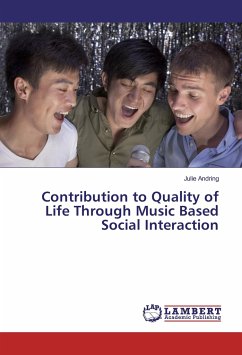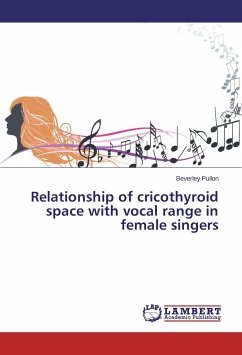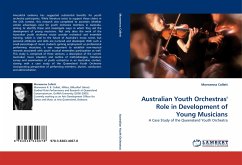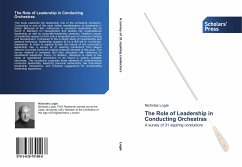
Contribution to Quality of Life Through Music Based Social Interaction
Versandkostenfrei!
Versandfertig in 6-10 Tagen
28,99 €
inkl. MwSt.

PAYBACK Punkte
14 °P sammeln!
Engaging in social interaction has been shown to benefit physical and emotional health while lack of social connection has produced detrimental effects, most often loneliness and depression. The purpose of this mixed method investigation was to discern whether participation in a task-specific music therapy group contributed to quality of life for adults with intellectual disabilities. Quantitative analysis demonstrated no statistically significant increase in any of the identified interaction categories. Qualitative analysis produced two major themes: the need for social interaction, and preva...
Engaging in social interaction has been shown to benefit physical and emotional health while lack of social connection has produced detrimental effects, most often loneliness and depression. The purpose of this mixed method investigation was to discern whether participation in a task-specific music therapy group contributed to quality of life for adults with intellectual disabilities. Quantitative analysis demonstrated no statistically significant increase in any of the identified interaction categories. Qualitative analysis produced two major themes: the need for social interaction, and prevailing loneliness. A sub-theme of nervousness was also present. Overarching findings indicated participants' strong desire to be socially engaged yet frequently expressing feelings of loneliness. Nine of the ten participants expressed a positive response to participation in the project and the public event. Qualitative results also indicated that there was healthy group process and positive cohesion amongst participants, implying that quality of life was increased by participation in this project.












